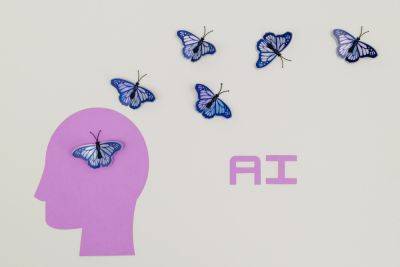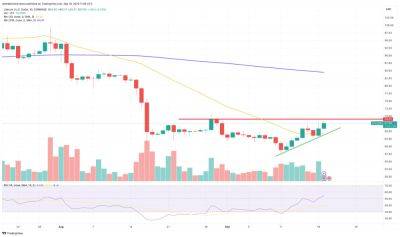Five AI trends to look forward to in 2023 and beyond
The artificial intelligence (AI) market has been growing at an exponential pace over the last couple of years, thanks in large part to consumer-ready products such as ChatGPT, Google Bard and IBM Watson that are now being used commonly across the globe.
To this point, global management consulting firm McKinsey believes that anywhere between 50% and 60% of all organizations today are already making use of AI-centric tools, with this number expected to grow sharply in the near future.
Moreover, as per Forbes, AI is one of the fastest-growing industries in the world today, with the total market capitalization of this space set to expand at a compound annual growth rate (CAGR) of 37.3% until the end of the decade, reaching a cumulative valuation of $1.81 trillion over the said period.
This rise is not unfounded and is, in fact, being helmed by certain technological trends — such as generative AI and natural language processing (NLP) — which have led many experts to project that AI’s contribution to the global economy will rise to $15.7 trillion by 2030, a figure that is more than the current gross domestic product (GDP) of global powerhouses India and China combined.
With the technology’s growing importance, market and technological observers have noted several possible trends affecting the AI sector or driven by AI.
As the tech paradigm has continued to expand and grow, the use of AI assistants seems primed to help automate and digitize a wide range of service sectors. Paweł Andruszkiewicz, chief operating officer of VAIOT — a developer of AI-powered digital services — told Cointelegraph that legal services, public administration and citizen services are just some domains that can be completely revamped using AI.
“AI
Read more on cointelegraph.com
 cointelegraph.com
cointelegraph.com




















